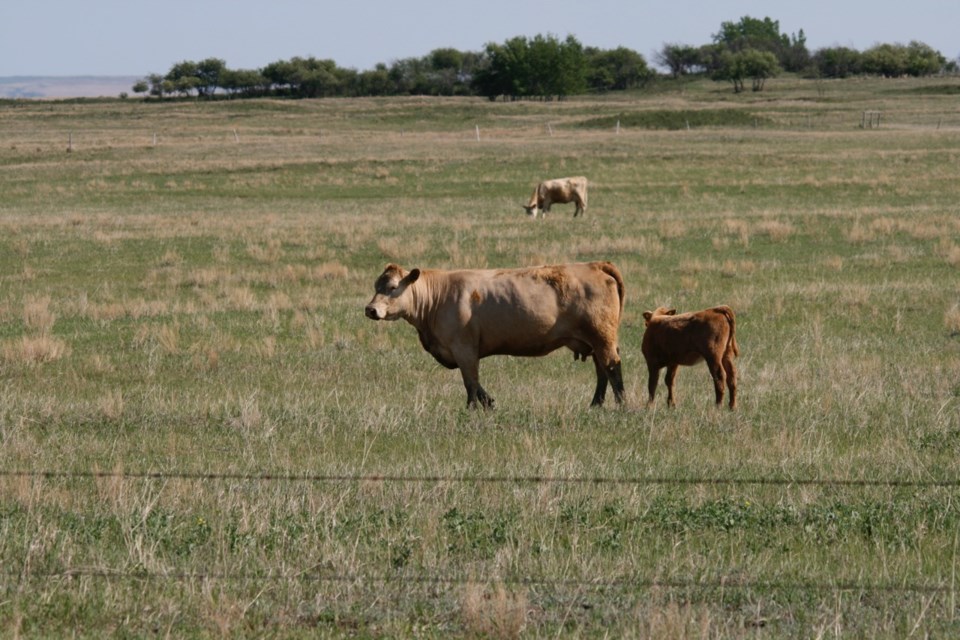“Verified beef production is of benefit to you and the industry,” said Elford. “Verified beef is an avenue to certify sustainable beef here in Saskatchewan, in Canada nation-wide.”
Twenty to 50 years ago, people didn't care how cattle was raised and “just wanted to buy food and they trusted that it was safe.”
That is no longer the case. “They have questions and want to know what goes into their food.”
Verified beef production lets consumers know the answers and can drive government regulation and policy.
“Verified beef production provides an answer to those questions; it’s transparent and is something you can point to, to say to consumers, government and regulators that we are already doing the right thing. We’re raising beef sustainably and meeting guidelines set by the Canadian Round Table for Sustainable Beef.”
The producer/industry nationwide program involves “mostly what you are probably already doing.”
The biggest change is keeping track of the operation with records, he said.
The program “is a way for you to point and say we’ve been audited by a third party and I can guarantee you that the beef that comes from our operation is certified sustainable.”
Not enough certified sustainable beef is produced in Canada to meet the demand by McDonald's, Loblaw's, and Cara Foods, so Cargill is in the second year of a three-year pilot program offering credits to producers.
Last year, cheques to participating producers averaged $17.58 per head, with a range from $10 to $20.
Only 140 of 7,300 beef producers in Saskatchewan have paid $50, taken the online course and paid $325 net for the audit.
“We’ve already got a wonderful brand for Canadian beef and I think this just adds clout to it.”
For an animal to qualify, it must be raised on a verified beef farm, be fed by a verified beef feeder and processed by a verified beef packer.
Most Saskatchewan feedlots are in the program. Cargill at High River, Alberta is the only certified packer.
Verified beef producers must keep records on withdrawal from drugs before shipping, meet the beef code of practice care and requirements, work with a veterinarian and have plans on what to do in case of disease emergency, manure and bed, stock, wildlife habitat and beneficial soil and water health practices.
“It’s not terribly onerous,” Elford said.
Ron Walter can be reached at [email protected]




